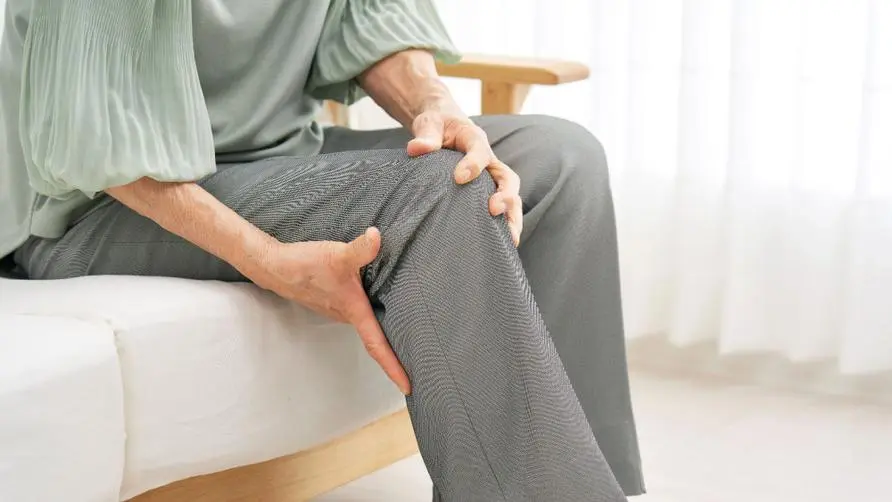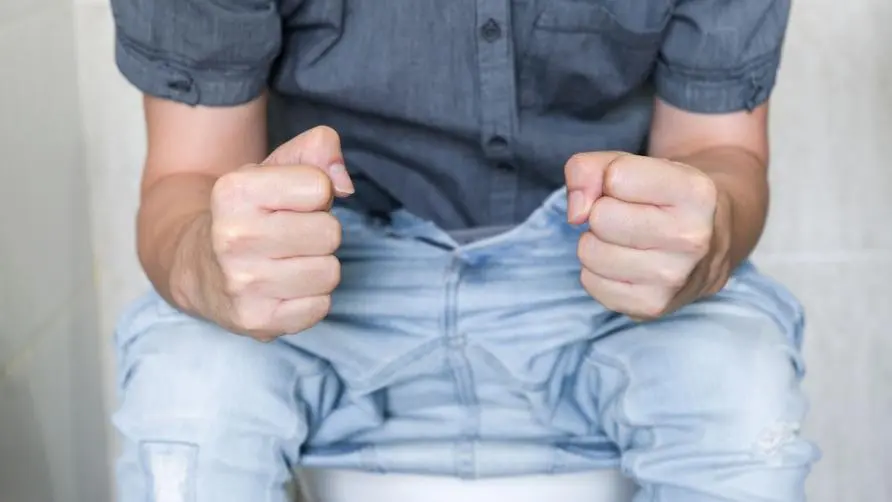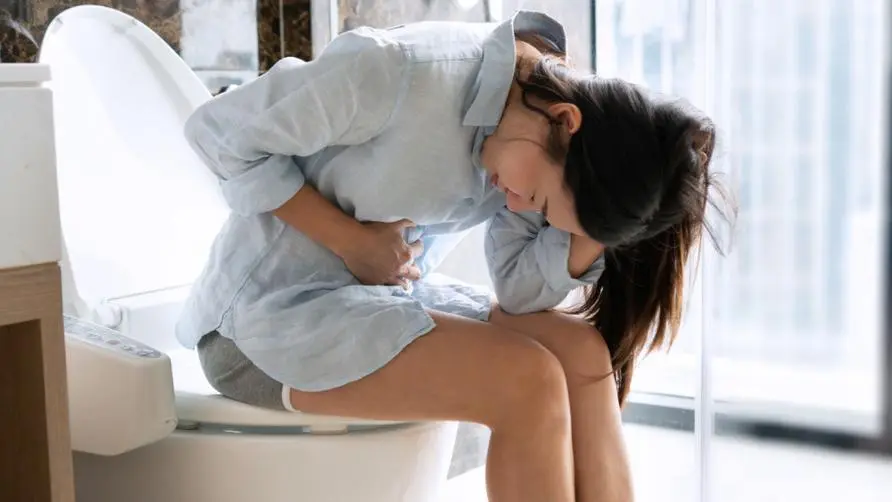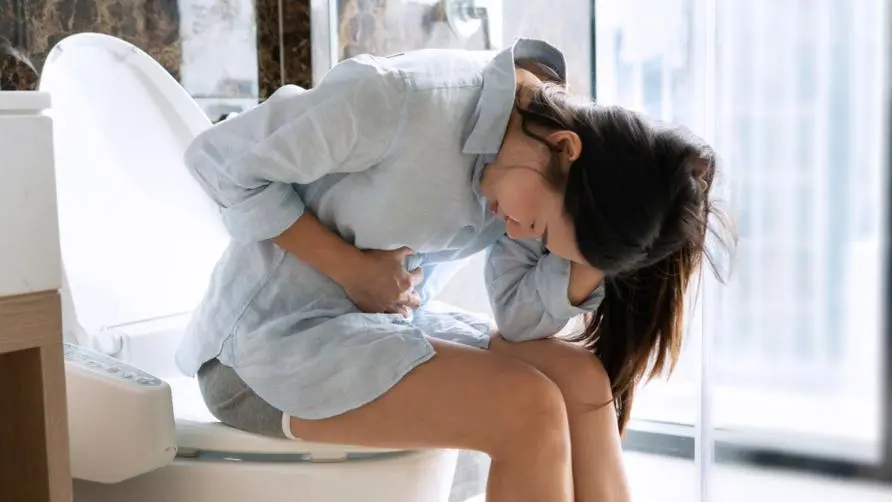Gastrointestinal upset after taking too many laxatives? The pharmacist explains in detail the effects and contraindications of "laxatives". If you don't take these two items, will it be in vain?
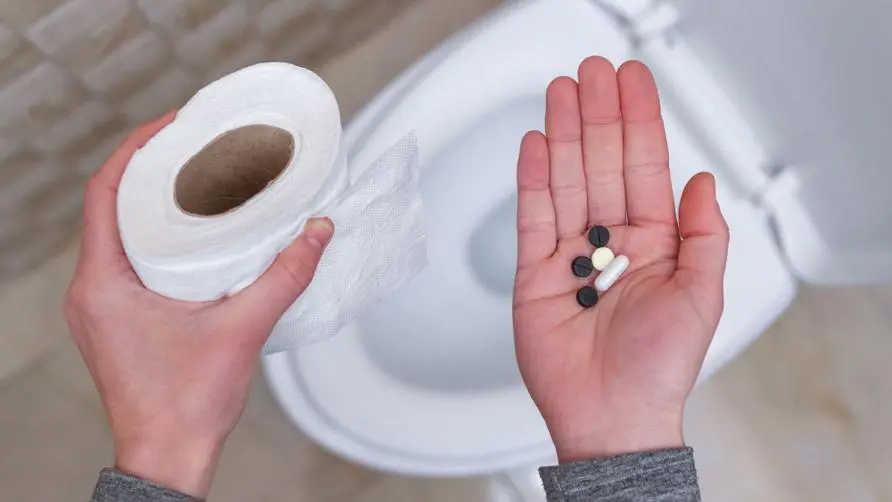
Can’t get out and can only rely on laxatives? Understand the four major types of laxatives
Sitting on the toilet for a long time but unable to get out? Many people face difficulty in defecation and constipation and choose to buy laxatives directly from pharmacies. Pharmacist Xie Weiling of Dingding Pharmacy said in an interview that there are four major categories of common laxatives on the market:
Swelling laxatives;
Stimulating laxatives;
Osmotic laxatives;
Stool softeners.
In addition to the difference in duration of action, there are also contraindications that need to be noted. Laxatives are not recommended for long-term use to avoid increasing gastrointestinal dependence on laxatives and affecting normal peristaltic function.
Pharmacist Xie Weiling said that the function of “swelling laxatives” is to promote gastrointestinal motility by absorbing water and increasing the volume of stool. The effect is relatively mild but takes 2-3 days to take effect. Common ingredients include psyllium and methylcellulose. Be sure to increase your water intake when taking bulking laxatives. If you don’t drink enough water, it will increase gastrointestinal obstruction and make it more difficult to defecate. Bulking laxatives are not recommended for people with obstructive gastrointestinal problems or symptomatic constipation.
Another common “stimulant laxative” includes ingredients such as glycerin, senna, and BISACODYL. Its function is to directly stimulate intestinal muscle contraction and help accelerate peristalsis. It is usually taken before going to bed and will cause constipation in the morning the next day. Stimulant laxatives may cause symptoms such as obvious cramping, nausea, and vomiting, and are not recommended for use during acute inflammation or severe dehydration.
As for “osmotic laxatives” (salt-containing laxatives, high-osmotic laxatives) and “stool softeners”, they are generally prescribed by doctors. For example, they can be used to help patients with hemorrhoids and anal fissures. Soft stool reduces irritation to wounds. There may be side effects such as abdominal pain and flatulence after use. Particular attention should be paid to people with liver and kidney problems and heart failure who should avoid using salt laxatives or have their doctors assess the risks of taking them first.
Can’t get it out without using glycerin balls? Pharmacist: Be careful, the more you use it, the less effective it will be.
Excessive use of laxatives may lead to dependence. Is it impossible to get up without taking laxatives? Pharmacist Xie Weiling gave an example. Glycerin balls (commonly known as Huanchang) are easy to obtain and short-lived. They will cause bowel movements in 5-10 minutes, thus causing abuse problems for many people. In addition to abnormal gastrointestinal peristalsis or excessive frequent peristalsis, it may even affect Neural mucosa of the intestine. After long-term use, the gastrointestinal tract cannot move on its own, which may lead to more glycerin balls being used and becoming less effective.
In addition, bulking laxatives are not recommended for long-term use. They usually help hard stools pass out of the body within 1-2 weeks. The follow-up should start with improving living habits and intestinal health.
Pharmacist Xie Weiling reminds that the causes of constipation vary, and not all are suitable for intervention with laxatives. Some people have poor living habits, such as insufficient intake of fruits and vegetables, excessive intake of meat, insufficient water intake and lack of exercise. These can be improved by supplementing fiber. If constipation is caused by mood disturbance or the use of drugs that interfere with the nervous system, such as antidepressants, you can discuss changing the drug with your doctor.
Do bad bacteria release toxins causing constipation? Fiber and probiotics should be a two-pronged approach
Are you more prone to constipation as you get older? Pharmacist Xie Weiling pointed out that in addition to insufficient fiber intake, elderly people may also experience a decline in intestinal peristalsis due to muscle weakness as they age. Taking painkillers, calcium tablets, iron supplements, etc. can also worsen intestinal peristalsis. Elderly people generally have chewing and dental problems, and it is difficult to meet the daily intake of fruits, vegetables and fiber. In fact, more than 80% of Taiwanese people do not consume enough dietary fiber. To improve defecation problems, supplementing appropriate amounts of fiber and probiotics in daily life is indispensable.
Ingesting enough fiber in the diet can reduce the production of toxins in the gastrointestinal tract, and is also helpful in maintaining good blood pressure, blood lipids, and blood sugar. Pharmacist Xie Weiling reminds that unhealthy diet will affect the number of good bacteria in the body, and the intestinal space is limited. Excessive bad bacteria will crowd out the living space of good bacteria, resulting in slow gastrointestinal motility or affecting the nerves and causing abnormal diarrhea.
Pharmacist Xie Weiling said that supplementing with a sufficient amount of probiotics can help “regulate the intestines” and regulate gastrointestinal motility back to normal frequency. For those with constipation problems, probiotics and fiber can be used together to achieve smooth defecation and maintain healthy bacteria.
Can constipation be improved by just eating kiwi fruit? Even if you don’t exercise, you still can’t get out!
Recently, there has been a lot of discussion on the Internet that eating more kiwi fruit can improve constipation? Pharmacist Xie Weiling said that kiwi fruit contains amino acids, vitamins and dietary fiber, which are very helpful for intestinal health. However, based on daily fiber intake, it is difficult to achieve the help of just one kiwi fruit. Serving size for defecation effect. It is recommended that the general public should still adopt a balanced diet and supplement their own needs with health foods for intestinal health.
Pharmacist Xie Weiling reminded that people suffering from constipation are advised to defecate at a fixed time. Usually half an hour after three meals is a period when the gastrointestinal nerves are more active. In addition, adequate exercise is very important for normal defecation function. Although some people consume a large amount of probiotics and fiber, they still have defecation problems due to lack of exercise. It is recommended to maintain exercise habits such as walking to help gastrointestinal motility.
Pharmacist Xie Weiling pointed out that even if you have regular bowel movements every day, it does not mean that there is no problem of feces in the body. Past studies have shown that feces and toxins hidden in the body may accumulate for more than a year. Excessive bad bacteria in the body will not only secrete toxins and interfere with the small intestinal mucosa, but may even increase the risk of cancer. It shows that the lack of probiotic supplementation in modern humans cannot be underestimated. To prevent constipation, we should start by improving our living habits and replenishing the good bacteria, fiber and other beneficial ingredients needed by the gastrointestinal tract in a timely manner.
Further reading:

